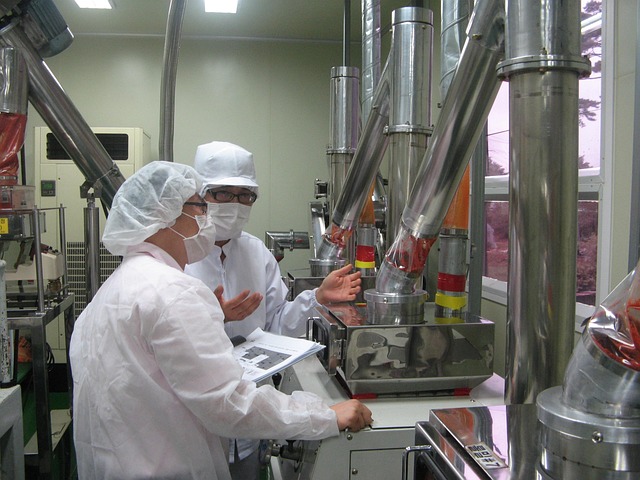Commercial driver verification is vital for the transportation sector's safety and security, as it combats unauthorized activities and reduces risks on the roads. Robust background checks ensure drivers meet requirements, have valid licenses, and maintain clean records, minimizing accidents and fraudulent operations. This process prioritizes public safety, safeguards companies' reputations, and fosters a culture of accountability, ultimately enhancing operational efficiency and customer trust.
The transportation sector, a vital cog in today’s economy, heavily relies on detailed background verification of its commercial drivers. Ensuring safety, security, and reliability is paramount as these professionals operate massive vehicles, often carrying precious cargo and passengers. Without thorough background checks, the industry faces significant challenges including increased accidents, security risks, and legal liabilities. This article explores the importance of commercial driver verification, delves into common transportation sector issues stemming from inadequate verification, and highlights the benefits of implementing robust and effective verification processes.
- Understanding the Importance of Commercial Driver Verification
- Challenges in the Transportation Sector Without Thorough Background Checks
- Implementing Effective Verification Processes and Their Benefits
Understanding the Importance of Commercial Driver Verification

The transportation sector, especially with the rise of delivery services and public transit, heavily relies on the reliability and safety of its drivers. This is where commercial driver verification plays a pivotal role. It involves a thorough process to ensure that individuals operating commercial vehicles meet the necessary requirements, possess valid licenses, and maintain a clean driving record.
This verification is crucial in mitigating risks associated with road accidents, illegal operations, and ensuring compliance with regulatory standards. By implementing robust driver verification systems, transportation companies can foster public safety, protect their reputation, and contribute to a more responsible and efficient industry.
Challenges in the Transportation Sector Without Thorough Background Checks

The transportation sector faces significant challenges when it comes to ensuring safety and security, especially with the rise of unauthorized individuals attempting to exploit weak points in the system. Without thorough background checks, particularly for commercial driver verification, the industry becomes vulnerable to a range of risks. Unscrutinized drivers can potentially engage in unsafe driving practices, have criminal records that may pose threats to passengers and other road users, or even be involved in fraudulent activities like identity theft.
These vulnerabilities can lead to dire consequences, including accidents, security breaches, and financial losses. Therefore, implementing robust background verification processes is paramount for the transportation sector. Such measures not only safeguard the industry but also ensure that commercial drivers meet the necessary standards, fostering a culture of safety and accountability on the roads.
Implementing Effective Verification Processes and Their Benefits

Implementing robust verification processes is paramount in the transportation sector, especially for roles like commercial driver verification. This involves meticulous background checks to ensure safety and mitigate risks. By verifying an individual’s driving history, education, employment records, and any relevant criminal or legal dispositions, companies can make informed decisions about their workforce.
Effective verification offers numerous advantages. It helps reduce accidents by identifying potential hazards early on, such as unsafe driving practices or previous convictions. Additionally, it enhances operational efficiency by ensuring that only qualified and trustworthy individuals operate commercial vehicles, thereby fostering public safety and building trust among customers.














